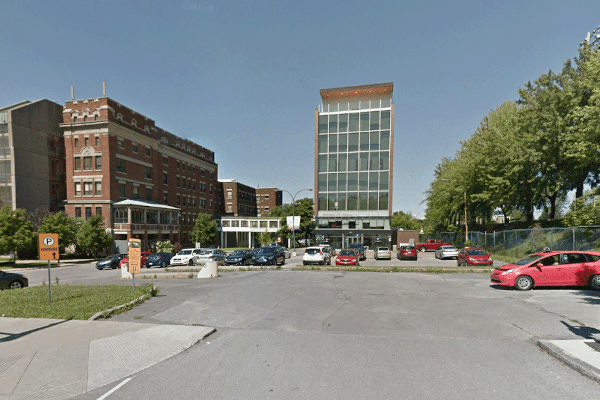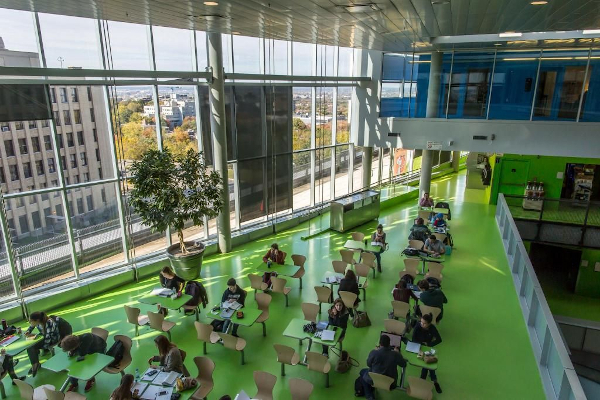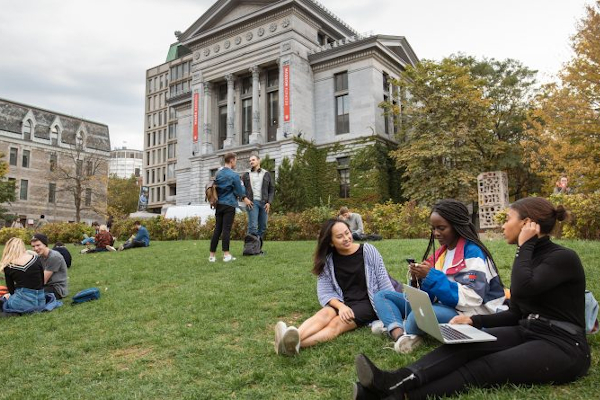Week 1
Neuro-Data Science Bootcamp at McGill University
Week 1 will introduce participants to a reproducible computational toolkit for neural data science, as well as a basic grounding in supervised and unsupervised machine learning methods. Short lectures and hands-on tutorials throughout the five days will provide participants with familiarity applying these methods to real data. As a participant, at the end of Week 1 you should be able to answer questions such as:
- What is version control, and how can I use it to improve my workflow?
- Which data standards can be used to organize neuroimaging data, and why should I adopt them?
- How should I visualize and define features for machine learning in neuroimaging?
- What are the basic principles underlying deep learning, and how do they differ from classical machine learning?
A short quizz will be organized at the end of week 1, to check that participants have integrated the key points of the week. This quizz will count for 100% of the final grade for the course QLSC612, and 10% of the final note for the project-based courses (PSY6983 or COMP490/COMP6971).
View the schedule for that weekWeek 2
Project definition at CRIUGM - University of Montreal

Week 2 will be mostly focused on defining and piloting the project. As a participant, you will need to decide:
- What general topic do you want to work on? e.g. group comparison using fMRI, software for analysis of MEG data
- What skills do you want to learn, working on this project? e.g. preprocess fMRI data and run a classifier with sklearn, how to use git, etc.
- What resources do you want to work on? e.g. the CORR dataset, the nipype library, the Glasser parcellation paper, etc.
- What objectives do you want to achieve with the project? e.g. find differences in connectivity between two groups, replicate a multimodal brain parcellation, etc.
- What will be the outcome(s) of your project? a short proceedings paper, a new public dataset, a new feature in a toolbox, etc.
Each project will be presented orally and in writing, with rounds of feedback, and revised by the end of week 2. This project description will count for 10% of the final grade (PSY6983 or COMP490/COMP6971).
Week 3
Project implementation at Concordia University
During week 3, participants will work on their project. The content of a typical day will include:
- Work on projects. Most of the time will be reserved to actually doing the work.
- Project clinics. Get daily feedback and support from instructors and residents.
- Tutorials. Tutorials will be organized on demand.
- Collaborate. Take time each day to help someone else with their project.
By the end of week 3, participants will make an oral presentation on a data visualization related to their project, and identify their objectives for the final week. This presentation will count for 10% of the final grade (PSY6983 or COMP490/COMP6971).

Week 4
Project wrap-up and communication at Montreal Polytechnique

